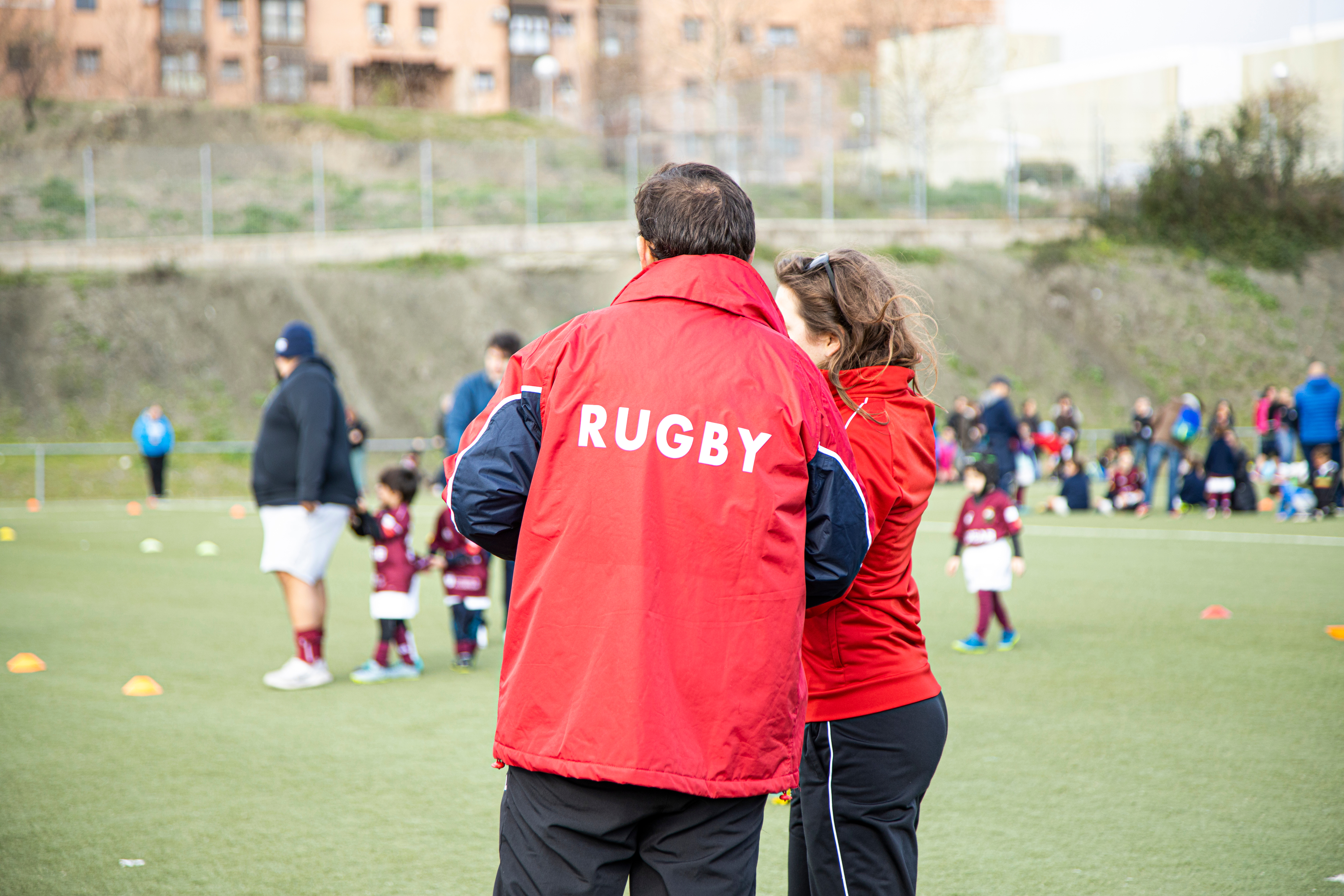Share This Article
By Poppy Morandin and Jimmy Singh.
Following a spate of incidents, NSW Rugby League has been forced to take a hard line on members involved in alleged assaults.
The alleged incidents include fights between teams, an assault on a referee and even a 12-year-old junior player.
39-year-old under-12s coach, Kristen Teasdale, allegedly ran onto the field at Carrington St Oval before pushing the boy, an opposition player, to the ground.
It is alleged that a fight broke out between the players before Mr Teasdale intervened by grabbing the boy and throwing him to the ground.
Mr Teasdale was charged with common assault, which carries a maximum penalty of two years in jail or a fine of $5,500, or both pursuant to section 61 of the Crimes Act 1900 (NSW).
In Menindee, on the same day, a senior men`s Outback Rugby League match, allegedly resulted in a referee being knocked out, following a punch to the face by a 26-year-old player.
The Boomerangs player was arrested and charged with assault occasioning actual bodily harm.
Assault occasioning actual bodily harm carries a maximum penalty of five years imprisonment if dealt with on indictment, but as it is usually dealt with in the Local Court- in which case the maximum penalty applicable is 2 years jail.
Another alleged incident has occurred, in which a referee was grabbed and threatened by a player at a Junior League game in Kingswood.
A more serious incident earlier this month, resulting in the stabbing of three men after a physical altercation following an under 20s match in North Parramatta.
“Each of the incidents are completely contrary to the standards of any community sport and we have a duty to eradicate them from our game,” said chief executive of the NSW Rugby League, Dave Trodden.
“We have a zero-tolerance policy for abuse of our match officials who have every right to expect to feel safe while performing their duties … we have zero tolerance for behaviour that threatens the safety of participants and spectators involved in junior sport.”
The NSWRL furthermore stated that teams involved had been stood down, and those found guilty would face life bans.
In order to establish the offence of common assault, the prosecution must prove beyond reasonable doubt that:
- The accused committed an act which caused another to apprehend immediate and unlawful violence, or cause unlawful physical force; and
- The accused intentionally did so, or recklessly did so; and
- The conduct was done without consent or any lawful excuse of justification i.e. self-defence.
A common situation in which an individual may be deemed to have consented to the contact is in sport.
However, where such violence is in breach of the rules or transcends the context of the sport, the conduct cannot be deemed consensual.
Here is more on assault charges.
The Law on Assaults During Sports in NSW
In the case of Stanley, the New South Wales Criminal Court of Appeal held that a participant does not consent to being injured during the course of the game by any act which is not done in the legitimate pursuit of the objects of the game (unreported, NSWCCA, 7 April 1995).
On a professional level, however, it is deemed often rare that on-field violence will be subject to criminal charges.
This is as sport’s governing bodies are trusted to have rules in place to deal with unacceptable physical conduct, with these rules imposing sports-specific sanctions such as bans, suspensions or fines, rather than legal means of punishing misbehaviour.
Internal disciplinary codes and proceedings often mimic similar hierarchies of the criminal law when categorising conduct, such as National Rugby League Judiciary Code of Procedure grades of ‘careless’, ‘reckless’ and intentional contact.
Nonetheless, there have been cases in which players have been charged, such as when AFL player Leigh Matthews was charged with assault causing grievous bodily harm following an off-the-ball punch which broke another player’s jaw.
Matthews pleaded guilty and was fined $1,000, commenting later in his biography that he was confused as to why the police had elected to proceed with the charge despite many potential assaults seemingly going unnoticed.
Have questions? Get in touch with our Sydney criminal lawyers today for a free consult.
Our assault lawyer Sydney team are happy to help if you have any questions arising from this article.









